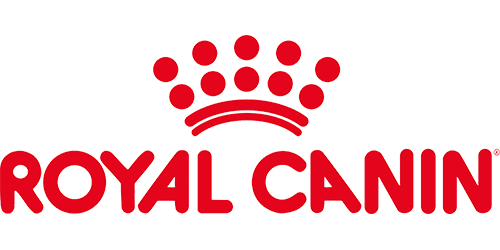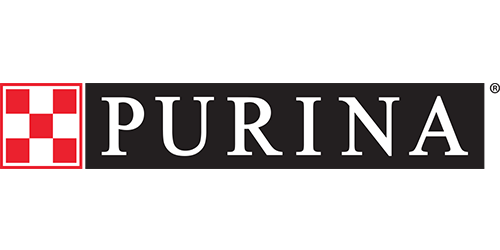Protect and support damaged kidneys
Dog food designed to support kidney function is formulated to protect and maintain the kidney health of dogs already suffering from kidney failure, taking into account their unique nutritional needs.
First, these diets contain the right balance of high-quality, high-biological value protein to provide the amino acids your dog needs and take some of the load off their kidneys.
Another problem for dogs with CKD is that their diseased kidneys aren’t able to remove excess phosphorus from their system like healthy kidneys do. This can throw the calcium and phosphorous levels in their body out of whack.
Unfortunately, the mechanisms the body uses to compensate can end up making your dog’s kidney damage worse. Foods formulated to promote kidney health take this into account and contain less phosphorous.
Finally, these therapeutic foods deliver the right amount of omega-3 fatty acids (EPA and DHA), which have been shown to help with kidney function. Reducing inflammation in your dog’s kidneys can, in some cases, help restore renal hemodynamics, i.e., create better blood flow in the kidneys.



